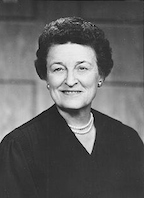Andrew Huff is a senior at Goucher College majoring in Political Science. Goucher College is home to the Beta of the Maryland Chapter of Phi Beta Kappa.

Andrew Huff is a senior at Goucher College majoring in Political Science. Goucher College is home to the Beta of the Maryland Chapter of Phi Beta Kappa.